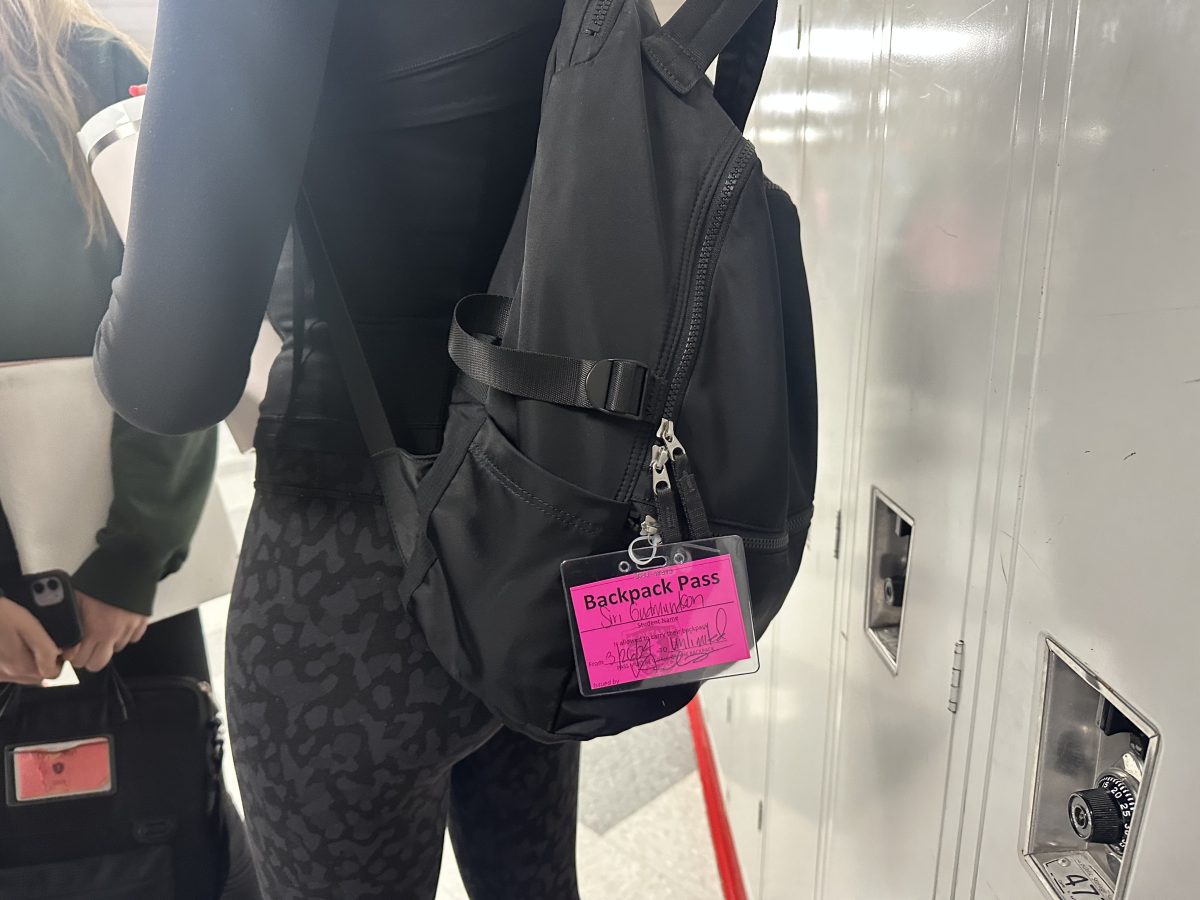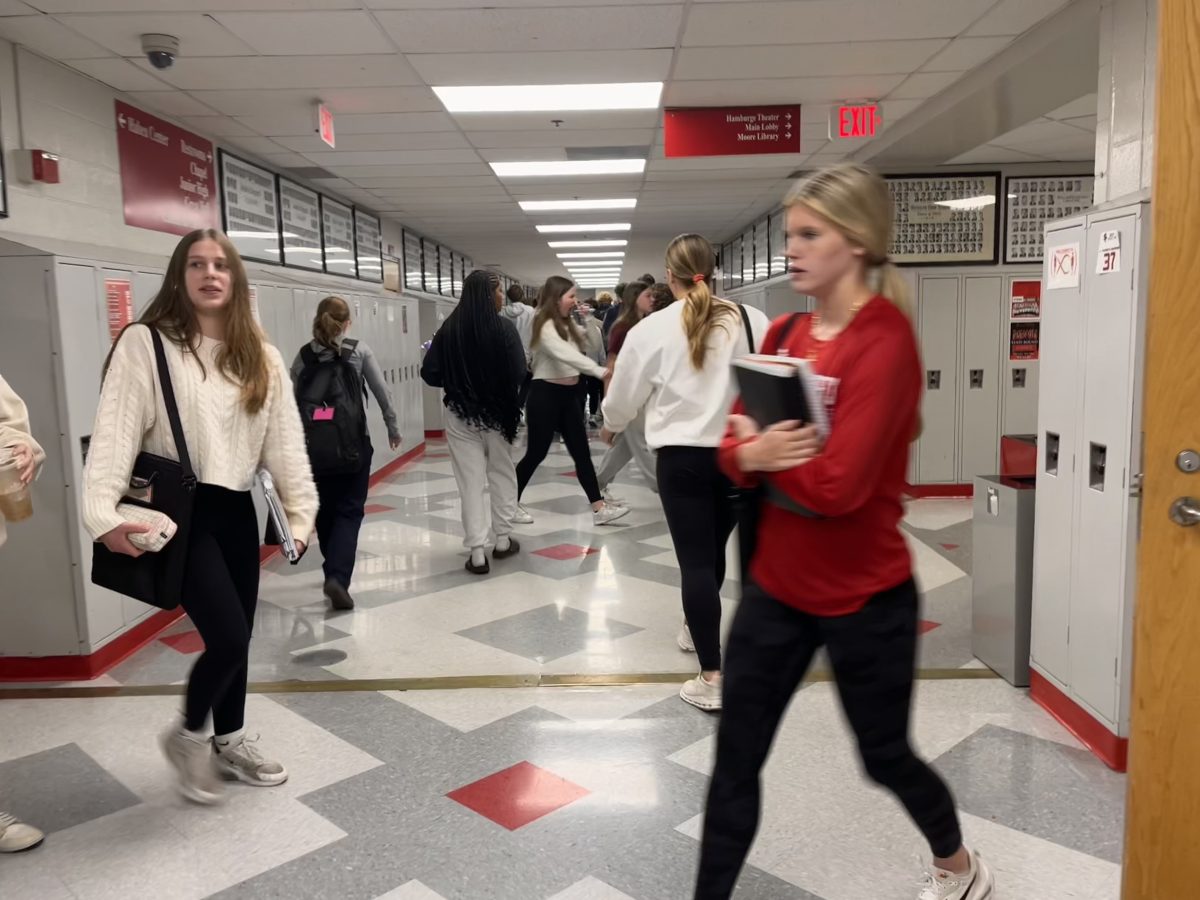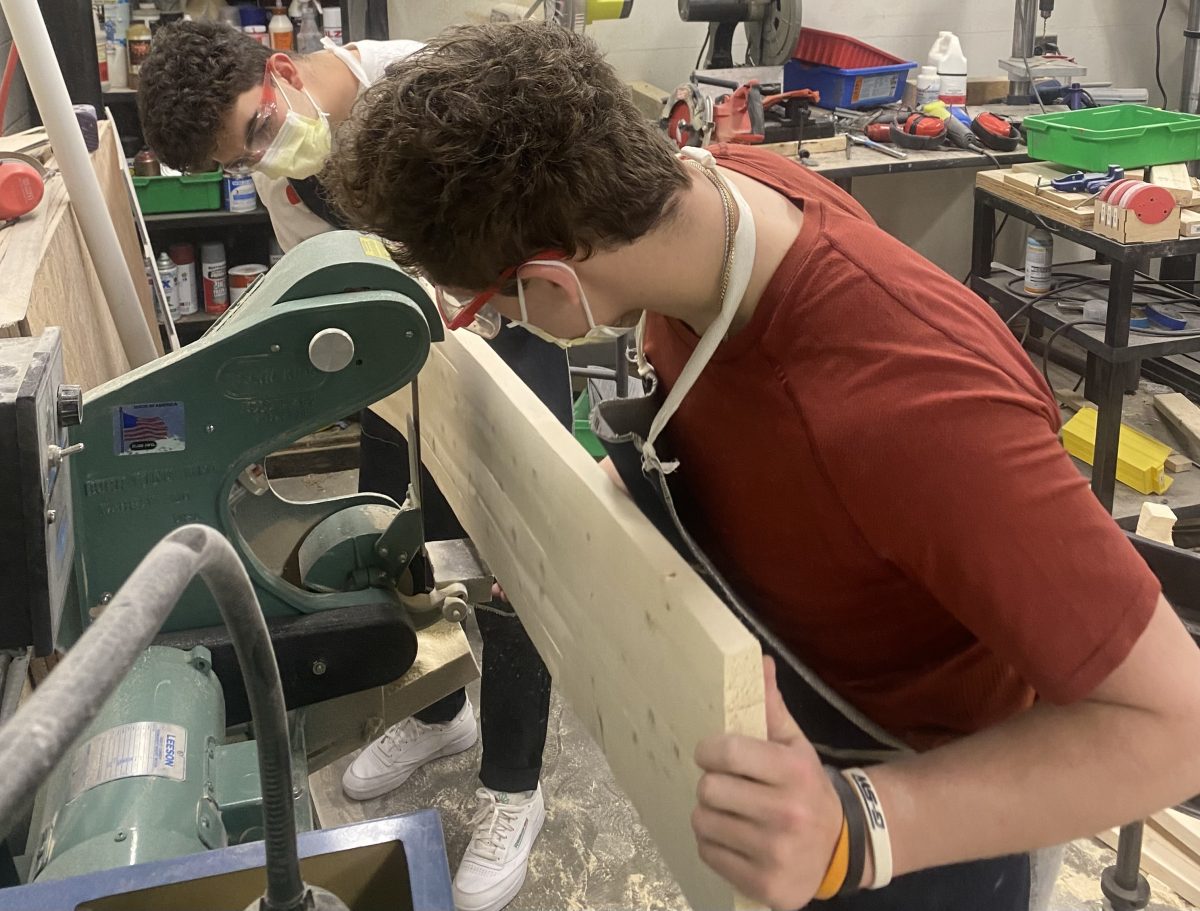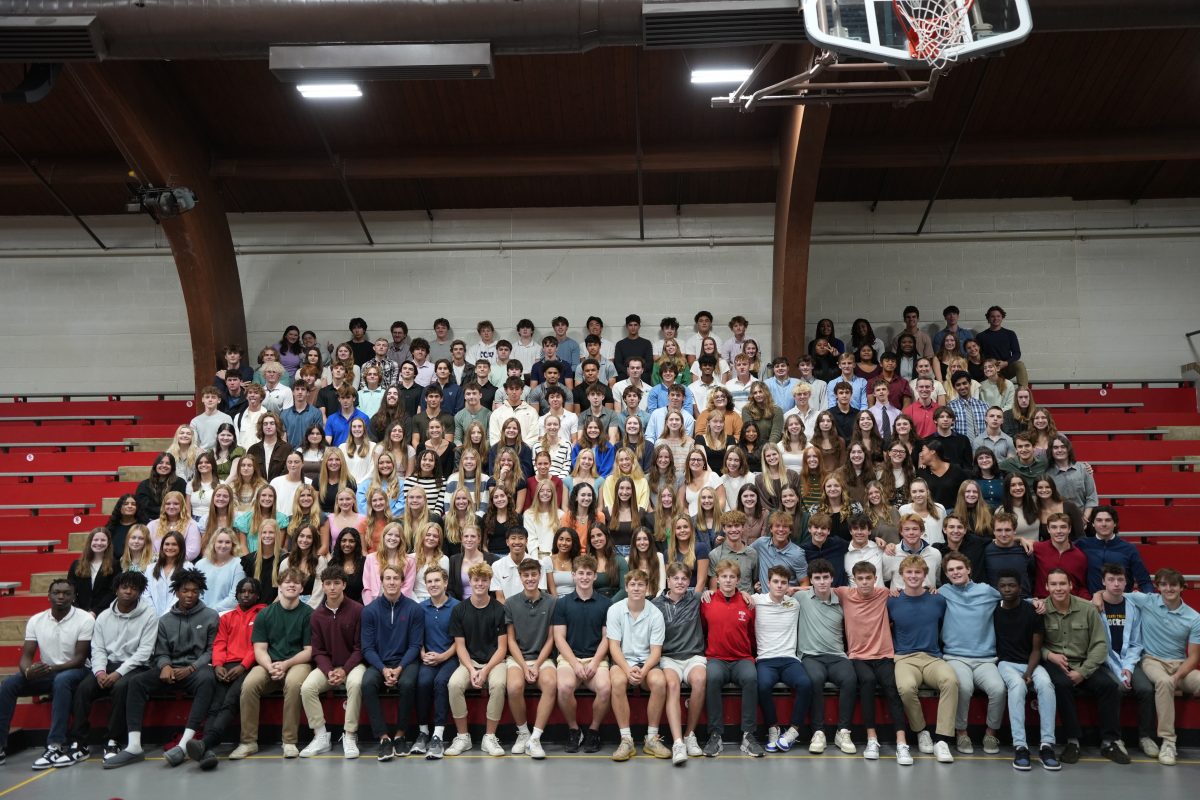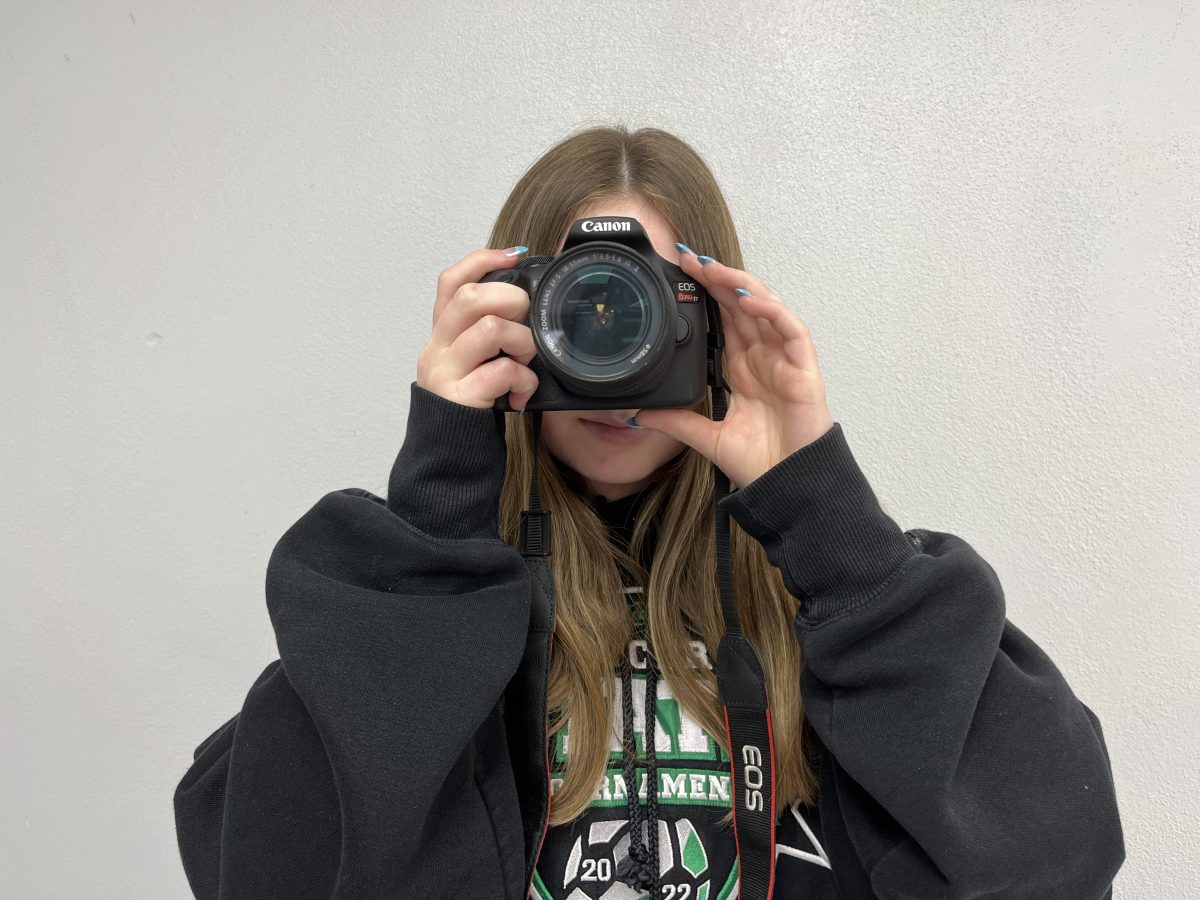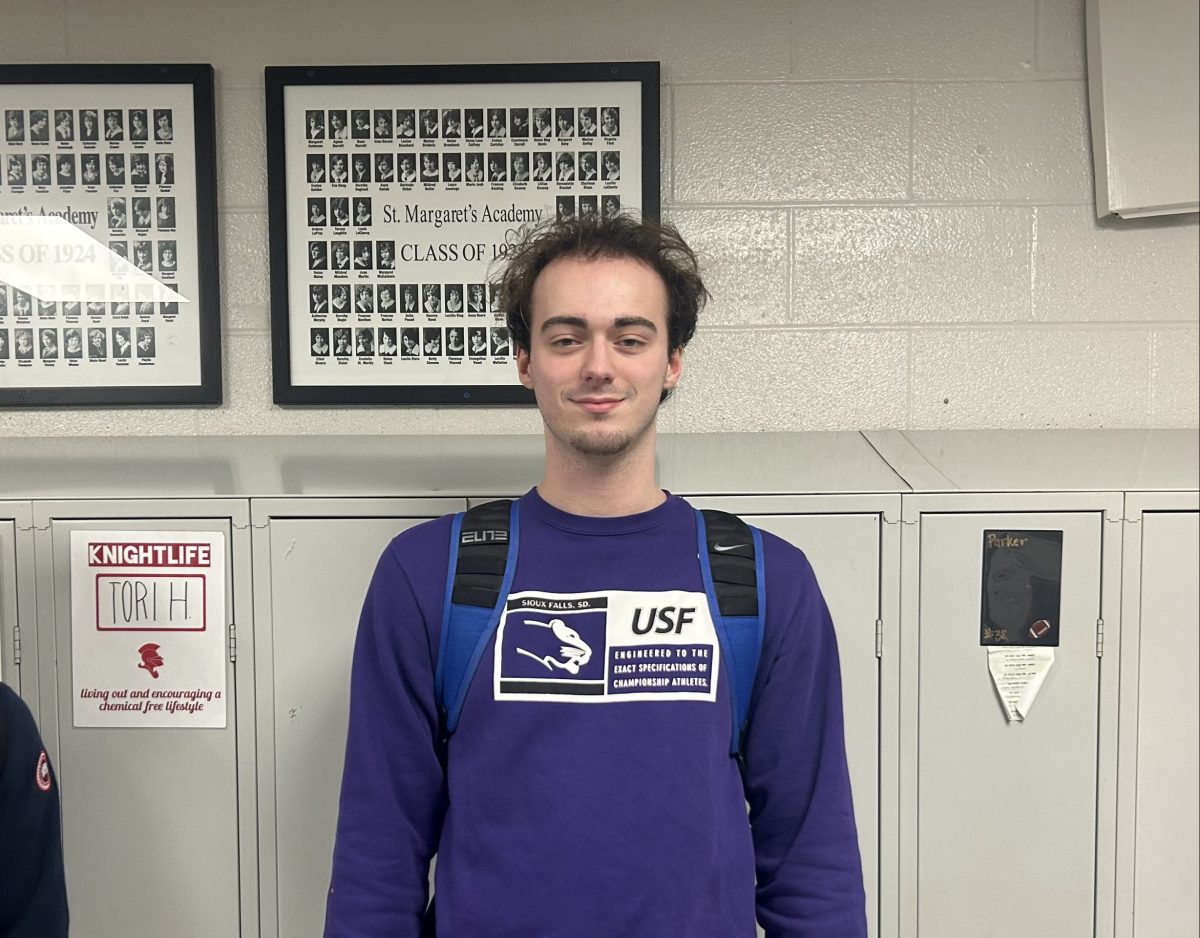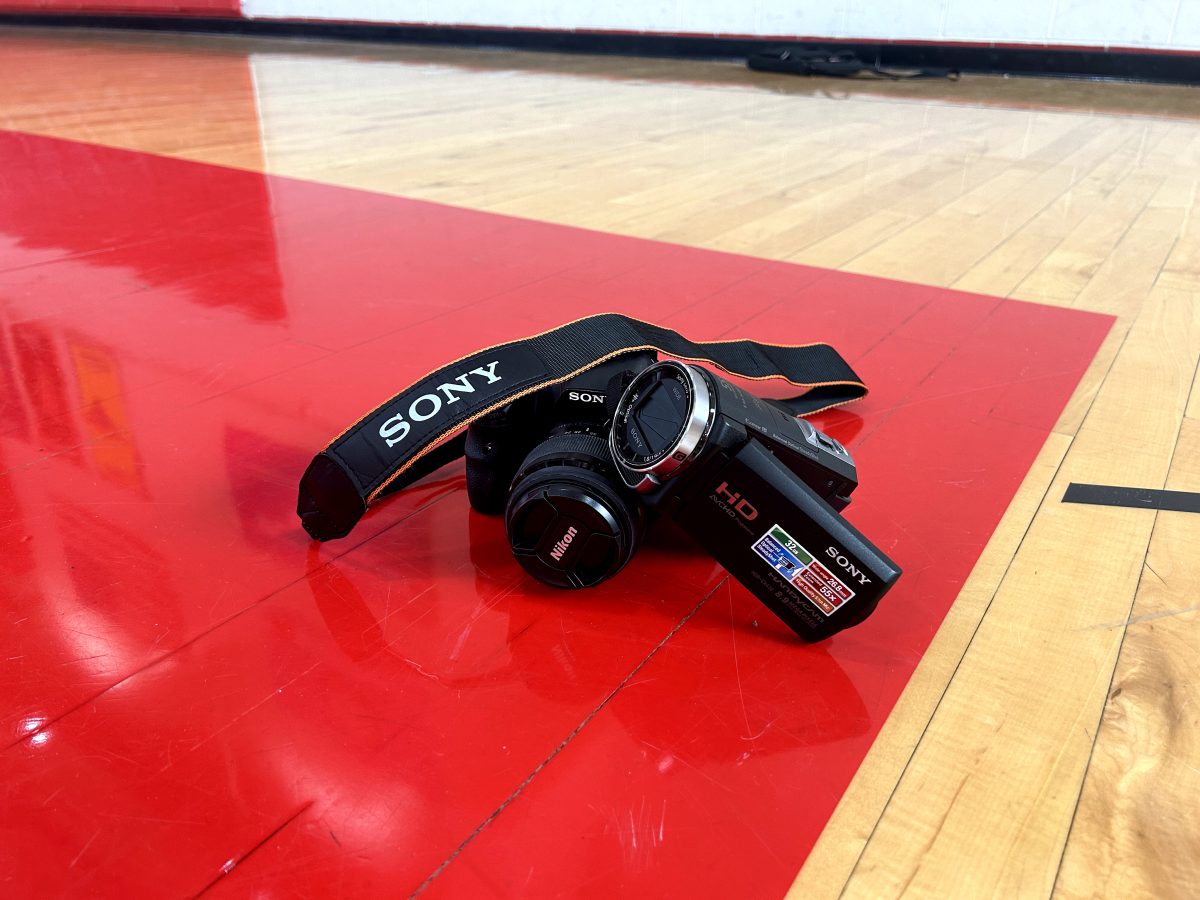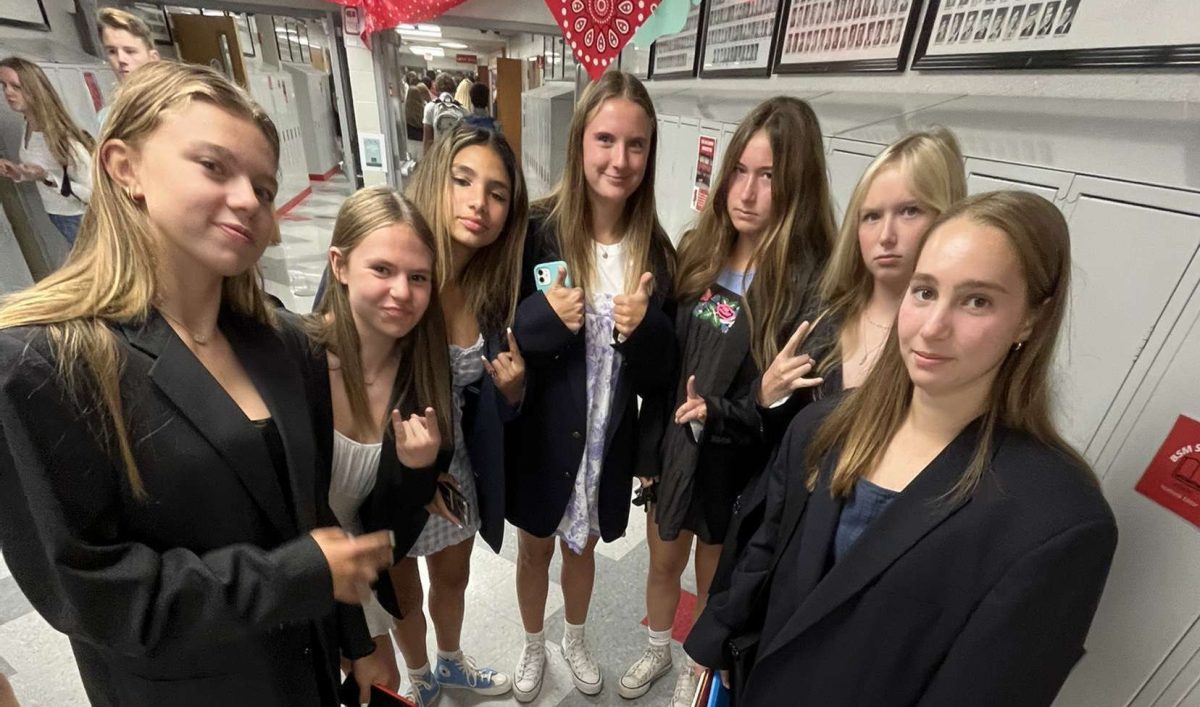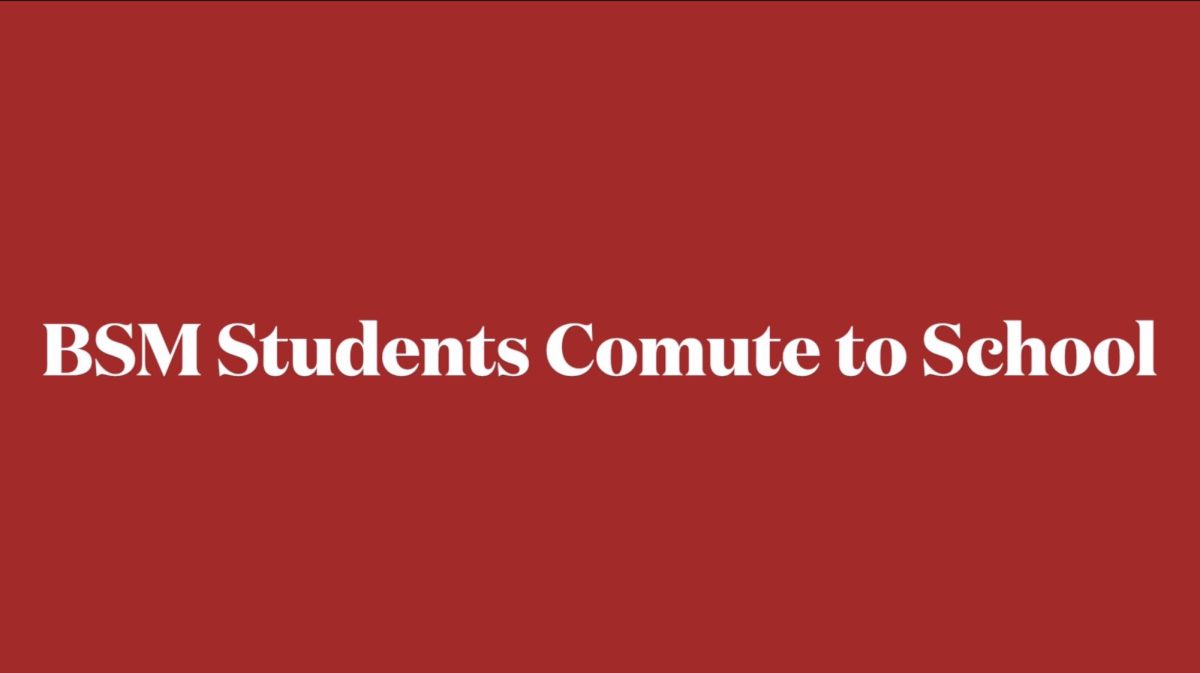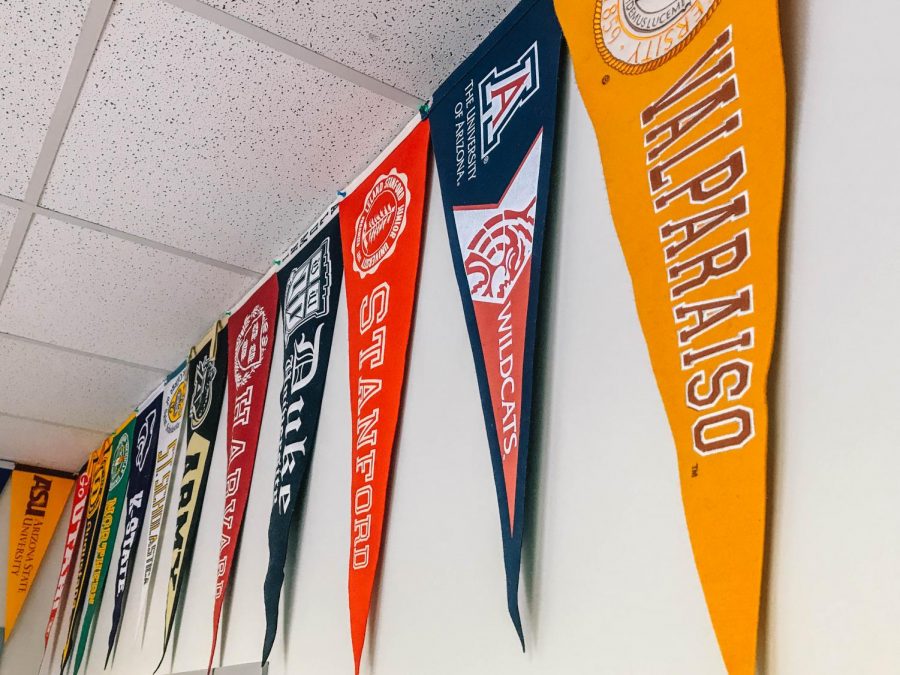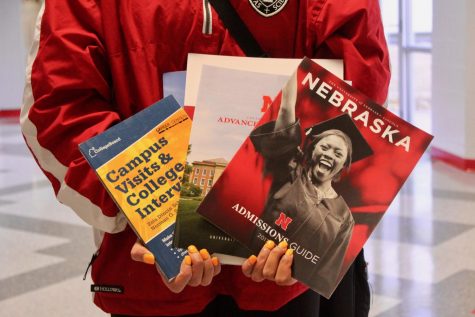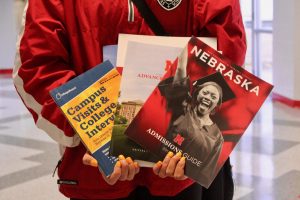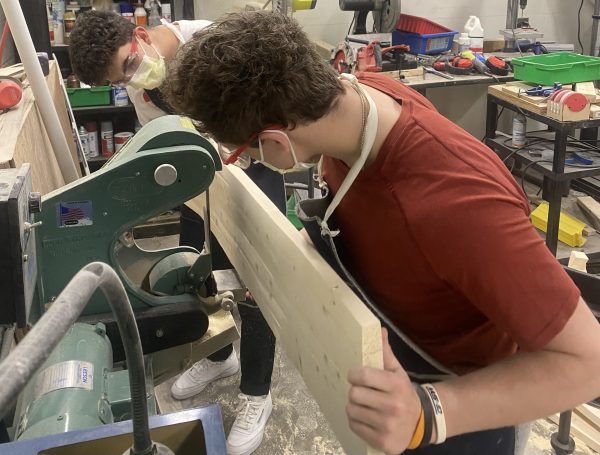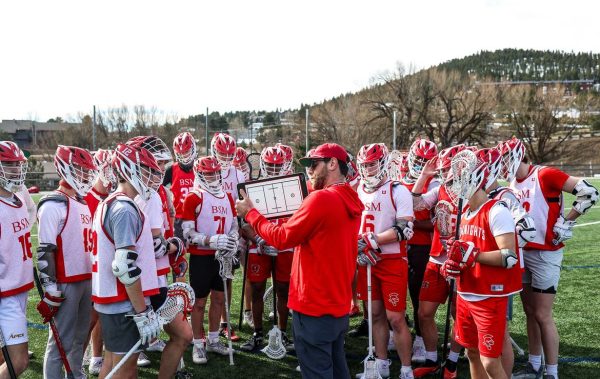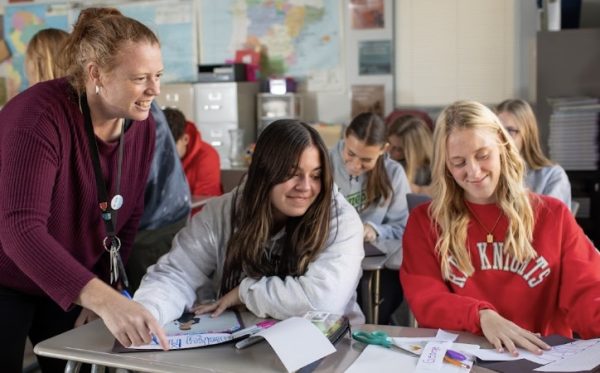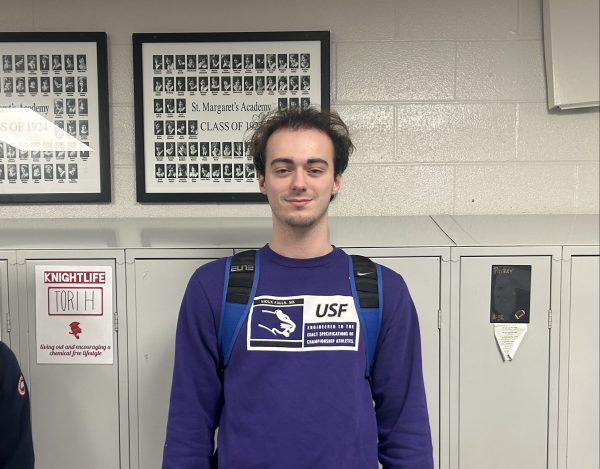The reality of the college recommendation process
Recommendation letters are crucial for students who are undergoing the college process.
January 29, 2019
As the end of high school nears and the preparation for college applications begins, students all worry about polishing applications and making them look the best they can. The college search starts with tours, transcripts, recommendation letters, and recommenders. The process of acquiring a recommendation letter can be both stressful and time consuming. Not knowing who to ask and hoping that the person asked says “yes” are some of the main concerns for students. And most of this process is very student-centered. But what’s the experience of the recommenders?
Every year each counselor has to write around 45 letters of recommendation all of which have to be finished by October of the next academic year for which it was requested. In addition to this, they also have to manage all of the other recommendations those 45 students requested from other teachers. And they also have to send official transcripts, help with filling out forms like FAFSA, and keep track of students’ progress in the application process. All of these tasks can get a little overwhelming. In order to be as efficient as possible, Ms. Amanda Anderson, one of the four BSM counselors, has a very specific set up for success. “I had to spread them out. This year I actually started writing college recommendations in the summer. I did two a week. It helped a lot,” Anderson said.
Mr. Dan Bowler, a math teacher, who had 28 letters of recommendation to write this year, the most out of any teacher for the class of 2019, cites a similar tactic for managing his letters along with teaching. “I had to make myself a schedule. Telling myself to do these five letter this week and these five letters the other. So I ended up finishing a couple of them before school started,” Bowler said.
Because college recommendation letters are a task that takes up a lot of time, some teachers find themselves having to put a limit on how many letters they can write. This year, English teacher Mrs. Kaia Preus had to write over 20 college recommendation letters. “Next year I am definitely looking to cap the amount of letters I write. Sometimes it just gets to be too much,” Preus said.
College recommendations take up a lot of time, thus some teachers find themselves having to say no to students. The reasons why may vary. “Unfortunately. I have had to say no to students before. And it’s sad when that happens because you never want to do that. But it happens,” Bowler said.
Make sure you’re recommender is someone that knows you well and could say a lot about you.
— Ms. Kaia Preus
One reason a recommender might choose not to write a letter is that they might not know the student well enough to write a good letter. “If a student doesn’t do anything to try and stand out, it’s just kind of hard to write a good letter. And unfortunately that’s when the ‘no’ comes,” Bowler said.
When choosing a recommender students should take into consideration the relationship they have with that person. “Make sure you’re recommender is someone that knows you well and could say a lot about you. Make sure you stand out to that person. And I don’t mean stand out grades wise or academically––because it’s not about just academics. If you’re a student who has come in for help and has tried to do better in my class, that counts too,” Preus said.
Both counselors and teachers work hard to make college recommendations look the best they can look. It is more than evident that they do everything they can for their students. So what can students do to help their recommenders write the best letter possible? Both Anderson and Bowler mentioned that it is easier for them to write a letter for a student they know. If a student makes an effort to get to know their recommender, including sharing details about activities they may be involved in and sharing their achievements in those activities it’s easier for a recommender to write their letter. “If a student comes in and gets to know me and allows me to get to know them it’s easier for me to write a letter for them––a better letter,” Anderson said.
In addition to this both of them love to see students make an effort to excel in whatever they do. “It’s easier for me to write a letter for a student who makes an effort to stand out in the classroom than for one who doesn’t,” Bowler said.
Finally, Anderson, Preus, and Bowler recommend students take their college recommendation survey and their portfolio seriously. “If you show me it’s important to you, then it’ll be important for me to include it…be sure to ask someone that you’re pretty sure knows you well and that you have had a good relationship with. It’s really really hard to say no to a student, but it also might not be in the students best interest to have someone who doesn’t know them well write the letter,” Bowler said.




